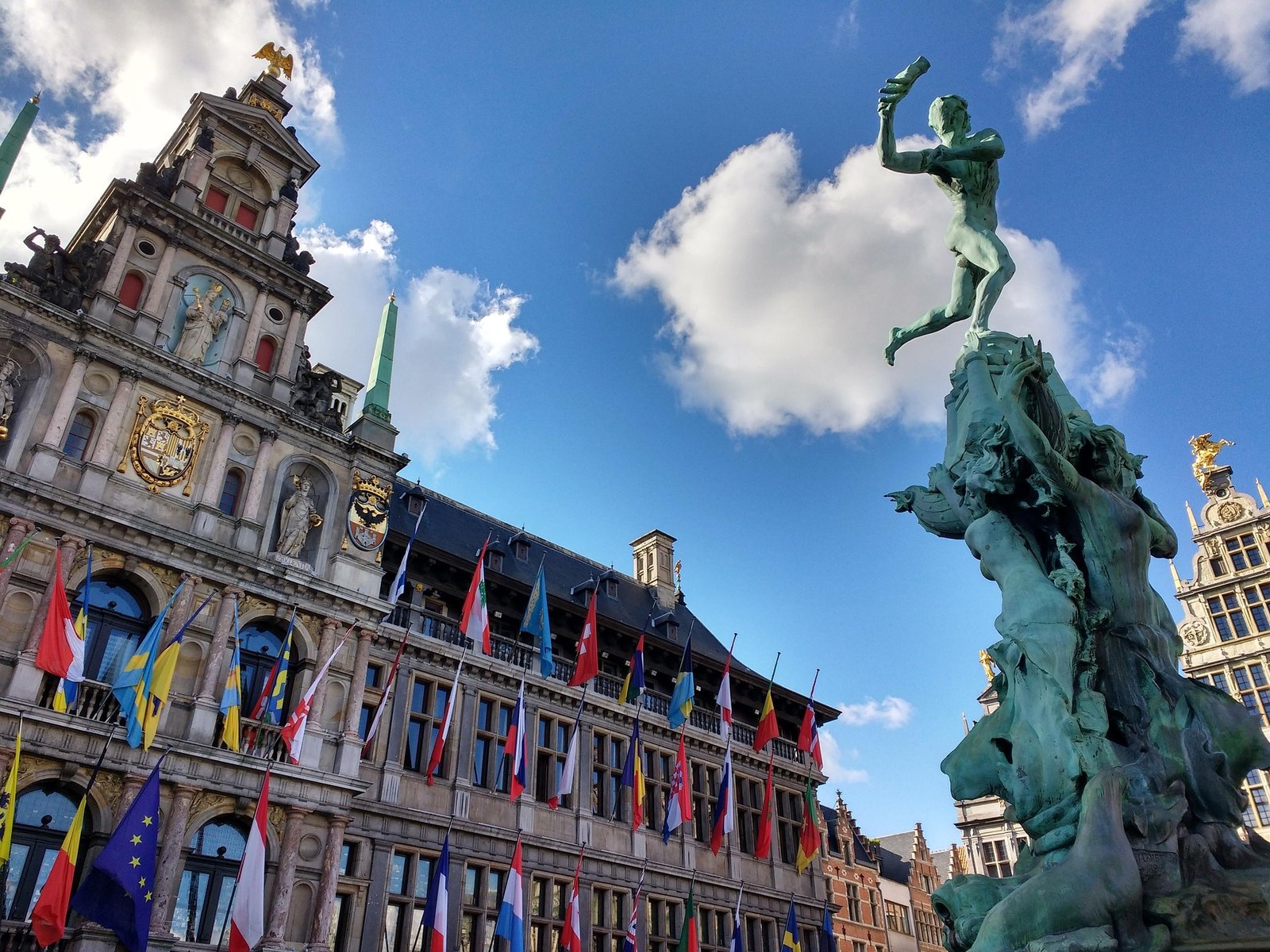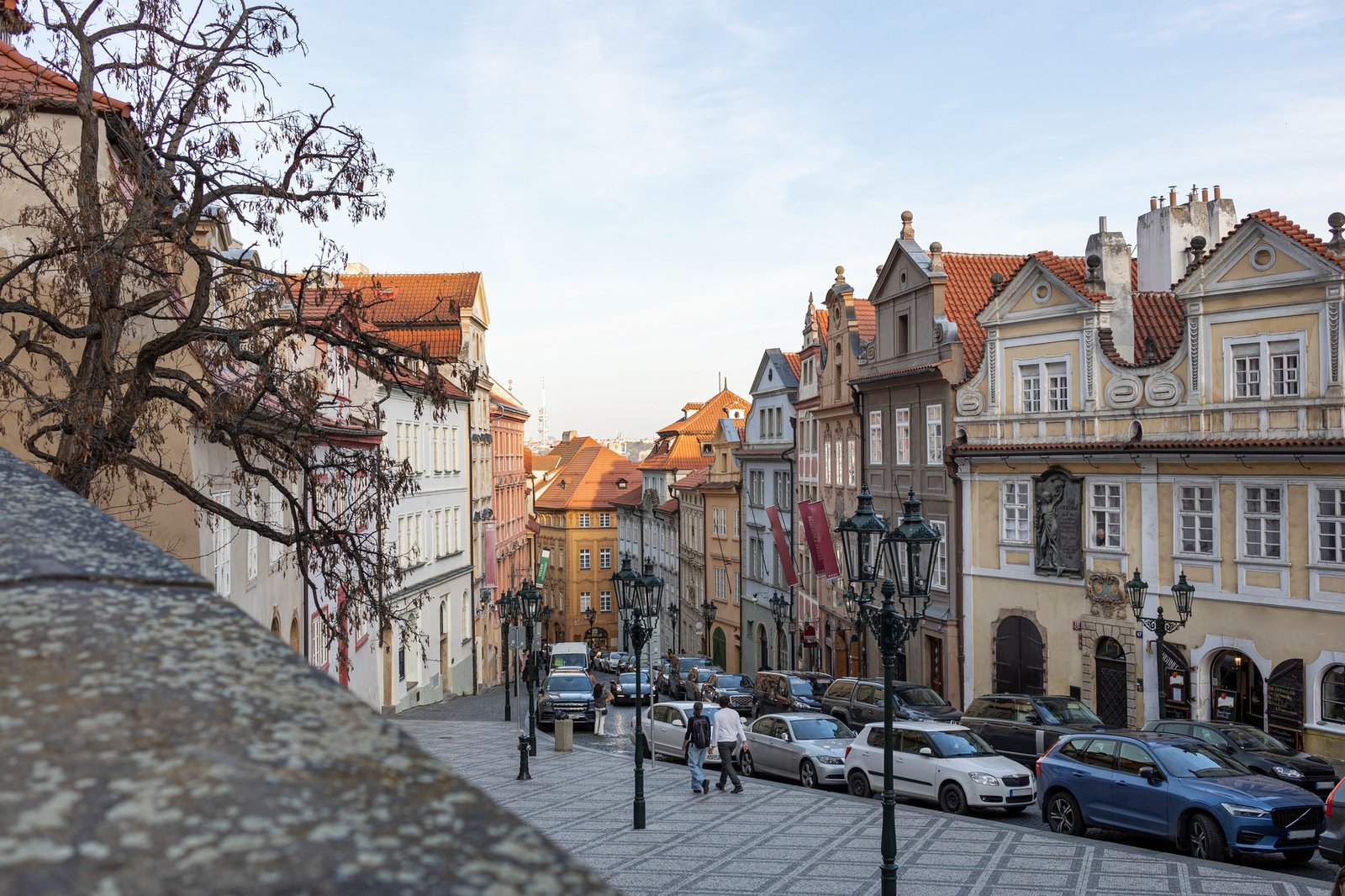
At the heart of the European Union and the seat of key international institutions, Belgium occupies both a locus and a locus standi in the development of European human rights and asylum policies. The Belgian lawful and administrative framework for dealing with political asylum is symptomatic of the more general European dilemma of balancing humanitarian responsibilities with conflicting political, social and security concerns.
These issues are explored in order to clarify how the human rights dimension fits into asylum cases in Belgium, affecting lawful standards, establishments procedures, trends in jurisprudence and the challenges faced by asylum seekers.
Legal basis: Asylum in the context of human rights
International obligations
- Belgium is a signatory to several important treaties on the world stage, including:
- The 1951 Geneva Convention relating to the Status of Refugees and its 1967 Protocol
- The European Convention for the Protection of Human Rights and Fundamental Freedoms (ECHR)
- The UN Convention against Torture
- These documents form the fundamental basis of Belgium’s jurisdiction to protect persons fleeing persecution, war and other human privileges infringements. According to the Geneva Convention, Belgium is prohibited from returning (expelling) a refugee to a place where his life or freedom would be threatened.
Overview of the asylum process in Belgium is mainly governed by the 1980 Aliens’ Jurisdiction, as amended to the extent that it complies with various EU Directives, especially the Qualification Directive and the Asylum Procedures Directive. The main national authorities are:
- The Commissioner General for Refugees and Stateless Persons (CGVS), which decides on asylum requests.
- The Council for Aliens Law Litigation (CALL), which is the appeal body for decisions of the CGVS.
- Fedasil, which deals with the accommodation of asylum seekers.
- Together, these are the organizational and judicial bodies at the nationwide level through which the asylum system is organised to examine asylum requests, organise reception and supply lawful protection.
The asylum procedure: from application to decision
Application
A person can apply for asylum upon arrival in Belgium or shortly thereafter. The request must be presented to the immigration service. From this point on, the applicant enters a structured process with interviews, evidence collection and legal checks.
Grounds for asylum
Asylum can be granted if the applicant:
- Has a well-founded fear of persecution for reasons of race, religion, nationality, political opinion or membership of a particular social group
- Faces a real risk of serious harm (e.g. torture, inhuman treatment) if returned
- If the applicant does not meet the requirements for refugee status, he or she may still be offered subsidiary security in accordance with EU law.
Decisions and appeals
The CGVS is the competent authority responsible for assessing whether the application meets the criteria. Following a rejection, the applicant may appeal to the CALL. Rejected parties may only petition the Council of State or the European Court of Human Rights in exceptional cases.
Human rights issues in asylum cases in Belgium
Right to a fair trial
Article 6 of the ECHR provides for a fair trial for the applicant. Belgium generally ensures this right; however, some parties have raised the following concerns:
- Legal assistance is more or less limited,
- Difficulties with language barriers, especially in the case of interviews,
- Accelerated procedure for citizens of so-called “safe countries”, where in some cases this accelerated procedure actually means that the personal risks of applicants are not taken into account properly.
Detention of asylum seekers
Detention of asylum seekers is a human rights issue, especially the detention of child asylum seekers. The ECtHR and NGOs have previously filed a case against Belgium for detaining children in immigration detention centers. The situation is at least somewhat better: since 2020, the detention of children has been illegal, but the detention of vulnerable persons remains questionable.
Belgium’s got a big heart, but when it comes to giving asylum seekers the basics—shelter, food, healthcare, and a shot at school—it’s like trying to stretch a small blanket over a big crowd. The EU rulebook says every asylum seeker deserves these things to hold onto their dignity, but when applications pour in like a summer storm, Belgium’s left scrambling. Right now, thousands of folks are sleeping on the streets or in makeshift camps, their dreams of safety traded for cold nights and uncertainty.
Targets Just for Existing
The allegations for more women and girls allegedly fleeing since the Taliban’s return to power in Afghanistan are fewer. The stories are darker: forced marriages, bans on schooling, and death threats. Just being a woman is an offense for the Taliban. Belgium has recognized these facts and has given protection in some cases; but for many others, the long parade of waiting goes on.
Betrayed by Their Homeland
Then the Turkish asylum seekers exist—supporters of the Gülen movement—who fled after the failed 2016 coup. Arrests, disappearances, torture-these awaited them back in the homeland. Speaking out made them targets. But here, they face another challenge: waiting. Politics make things difficult. This is a murky situation of geopolitics. While the Turkish state itself is cracking down, the fates of these people hang in the balance.
Problems
The asylum system in Belgium is bursting physically, and thus the story:
Absurd delays
The influx of applications had overloaded the system; now the queues merely keep on snowballing. Over here, people would generally be made to wait for over a year after their interview before being told whether or not they were accepted. Just consider sitting around in legal limbo completely unable to find a way to work or plan ahead, or maybe even just breathe. It sucks the soul, severely affects one’s psychology, drains all energy out of one’s being, slows down his or her education and integration. But not just numbers-they are human.
Europe
Despite the fact that Belgium is part of the European Union and operates within the substructure of the Common European Asylum System (CEAS), which should guarantee common rules for everyone, in practice the picture is completely different. Instead of unity, there are disagreements, instead of a clear system, there are patched-up patches. Some countries close their borders, others tighten controls, and as a result, the burden falls disproportionately on the shoulders of particular states.
Those who do not give up
NGOs and volunteers are the silent heroes of this struggle. Organizations like Ciré, Nansen, and Médecins Sans Frontières fight for human dignity every day. They help refugees navigate legal mazes, monitor the observance of rights in detention centers, protect against unjustified deportations, and, when necessary, go to court. For those fleeing war, persecution, or poverty, these people are like a lifeline. They are a ray of light in the darkness that helps not to lose faith in goodness.
At the crossroads between principles and reality
Today, Belgium is at a crossroads. On the one hand, there are deep-rooted human rights traditions, and on the other, political pressure, limited resources, and a tired bureaucracy. In 2023, only 43.5% of applicants received protection, the rest are waiting in uncertainty.







